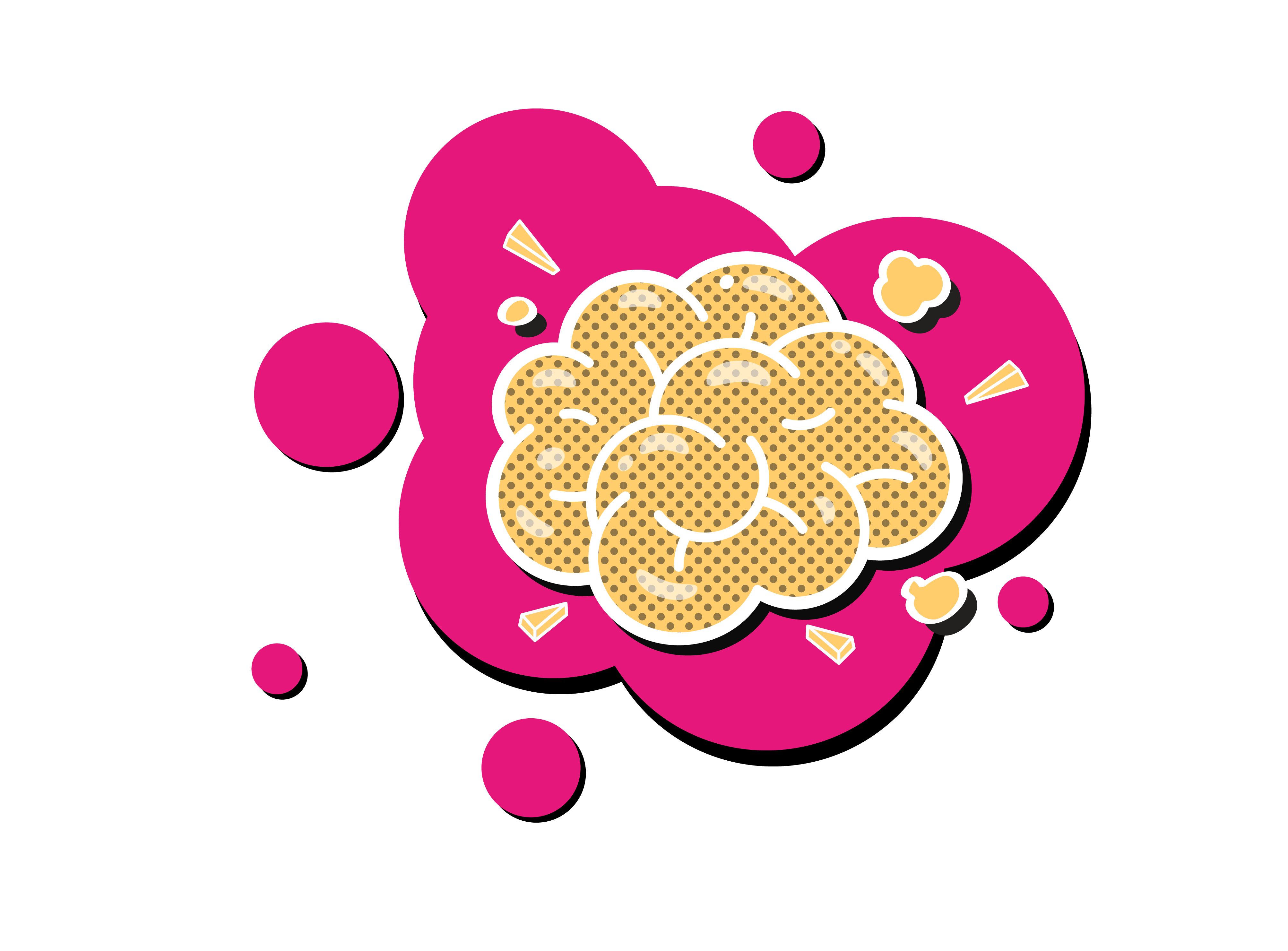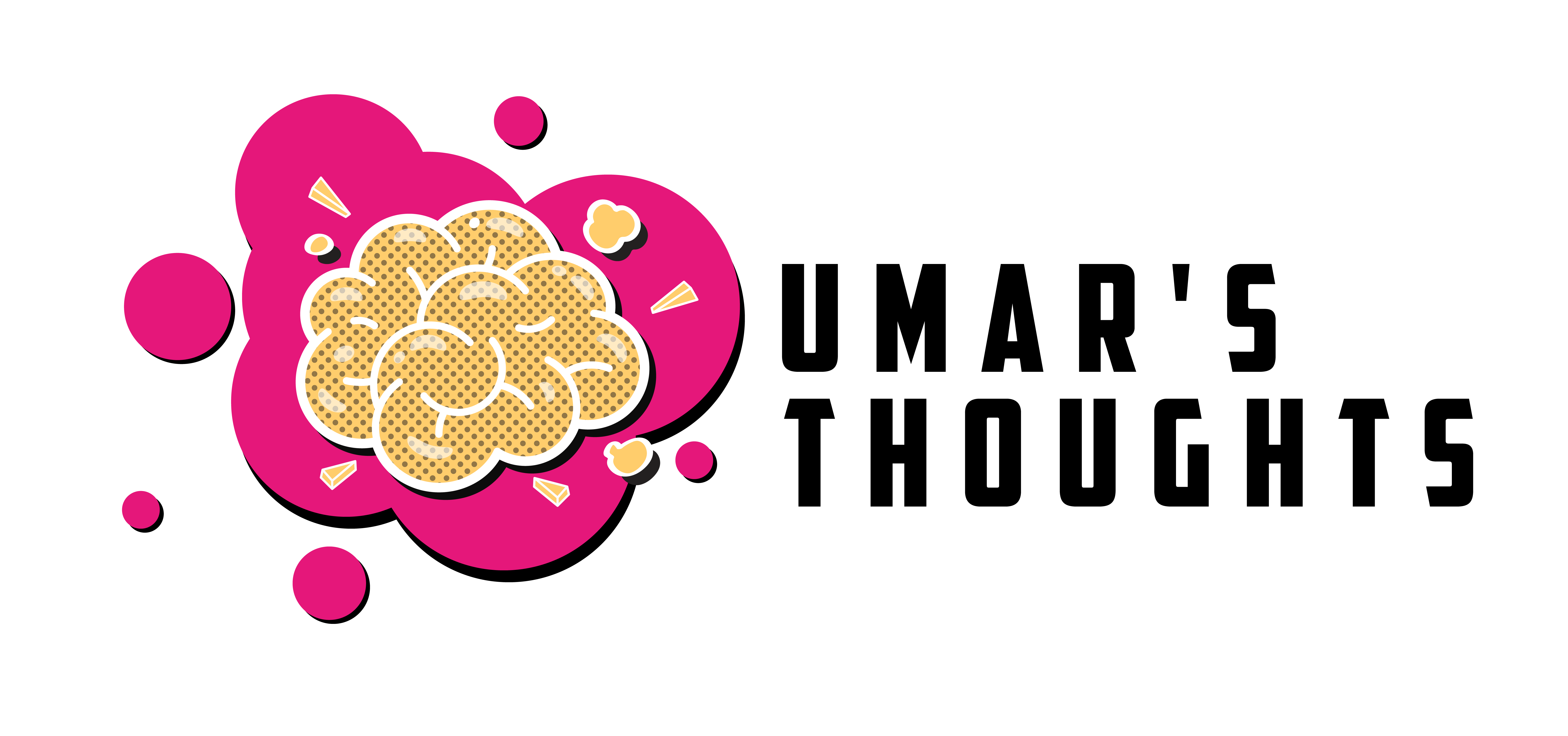Introduction
Every time I tell someone I study psychology, I get hit with some variation of:
- “Oh, so do you know dark psychology?”
- “Can you control people?”
- “You must be really good at manipulating others!”
It’s the same conversation, over and over again. There’s this bizarre belief that studying psychology means I’m sitting in my room with a chessboard, planning how to gaslight people into submission.
What’s worse is the rise of self-help books and online courses that claim to teach you “dark psychology secrets” as if learning how to “manipulate people” is some kind of elite, hidden knowledge.
But here’s the truth:
- What people call dark psychology is mostly misunderstood personality disorders.
- Manipulation is not a skillset; it’s often a symptom of dysfunction.
- Being antisocial doesn’t make you mysterious it makes you socially incompetent.
- And, most importantly: Success has nothing to do with being manipulative.
Today, we’ll peel back the layers of dark psychology, debunk some popular myths, and look at what real research tells us about human behavior.
The Seductive Allure of Manipulation: Why It Sounds So Cool
Let’s be honest who hasn’t dreamed of having a few tricks up their sleeve to make people do exactly what they want? Whether it’s closing a business deal, winning an argument, or simply getting that extra cup of coffee on a sleepy morning, the idea of bending others to your will is undeniably tempting.
Pop Culture and the Fantasy of Effortless Power
Movies and TV shows like Breaking Bad, You, and Dexter glamorize characters who seem to effortlessly manipulate everyone around them. Add to that books like The 48 Laws of Power and The Art of Seduction, and you have a recipe for a fantasy where power is just a few tricks away. The humor in imagining ourselves as devious masterminds is undeniable but so is the risk.
The Real-World Price of Manipulation
While the fantasy of quick power might be amusing, reality bites hard:
- Legal Troubles: Manipulative tactics, when exposed, can lead to serious legal consequences.
- Ruined Relationships: Trust is hard to build and even harder to repair once broken.
- Isolation: A life built on deception leaves little room for genuine connection, often resulting in loneliness.
In short, those shortcuts rarely deliver lasting success. Instead, they set the stage for a series of problems that can overwhelm even the most cunning individual.
What Is “Dark Psychology” Anyway?
Despite its flashy name, there isn’t a secret handbook titled Dark Psychology 101: How to Control Minds. Instead, “dark psychology” has become a catch-all term for a mix of scientific findings and sensationalized myths. Let’s break down some of these ideas in detail.
The Dark Triad: Unpacking the Not-So-Magical Traits
Often discussed in the context of manipulation are three key personality traits:
Machiavellianism
What It Is: A tendency toward strategic thinking, shrewdness, and sometimes outright deception.
- The Pop Culture Image: The ultimate chess master of interpersonal relationships.
- The Downside: Excessive Machiavellianism often results in shallow, transactional relationships and a focus on short-term gains over long term success.
Narcissism
- What It Is: An inflated sense of self-importance, a deep need for admiration, and often a dismissive attitude toward others’ feelings.
- The Pop Culture Image: The charming, magnetic leader who seems to have it all.
- The Downside: Beneath that charisma lies a fragile ego, one that can crumble under criticism and lead to significant personal and professional problems.
Psychopathy
- What It Is: Characterized by impulsivity, superficial charm, and a notable lack of empathy.
- The Pop Culture Image: The cool, fearless genius who thrives on risk.
- The Downside: In practice, these traits often lead to reckless decisions and poor long-term planning, which can quickly catch up with you legally and personally.
Beyond the Triad: The Case for the Dark Tetrad
Some researchers add a fourth trait:
Sadism
- What It Is: Enjoying the discomfort or pain of others.
- The Pop Culture Image: A dominating force who rules through fear.
- The Downside: Such tendencies are socially isolating and ultimately unsustainable in building genuine influence.
These aren’t tricks you can learn overnight they’re deep-seated aspects of personality that shape how someone interacts with the world.
DSM-V and the Technicalities of Personality Disorders
Note: I must emphasize that I am not a certified psychologist. With only a one-year diploma under my belt, I am not qualified to diagnose anyone. So please, for the love of all things rational, do not go out and start calling your friends or random people narcissists just because you skimmed through the DSM-V. I'm simply sharing insights and should not be used as a substitute for professional advice.
It’s crucial to distinguish between everyday manipulative behavior and clinically significant personality disorders. The DSM-V sets clear diagnostic criteria to differentiate between these:
Narcissistic Personality Disorder (NPD)
Diagnostic Criteria:
- Grandiosity: An exaggerated sense of self-importance.
- Need for Admiration: A constant craving for praise and validation.
- Lack of Empathy: Difficulty recognizing or identifying with the feelings of others.
Clinical Notes:
Diagnosis requires a pervasive pattern of these traits across various contexts, significantly impairing interpersonal functioning.
Antisocial Personality Disorder (APD) / Psychopathy
Diagnostic Criteria:
- Deceitfulness: Repeated lying or manipulation for personal gain.
- Impulsivity: A tendency toward rapid, unplanned actions.
- Disregard for Others: A blatant neglect for the rights and feelings of those around them.
Clinical Notes:
Such patterns must be chronic and lead to significant distress or impairment. The DSM-V emphasizes that these disorders are not mere labels they represent severe disruptions in an individual’s social and emotional functioning.
Sources: DSM-V, American Psychiatric Association
The Perils of Misery Addiction: Why Being "Sick" is Not Cool
There’s a peculiar trend where some people become addicted to their own misery thriving on the attention that comes with being the perpetual victim. Initially, a little bit of attention might feel gratifying, but over time, this can lead to permanent, negative changes in behavior:
- Attention-Seeking Misery: Constantly portraying oneself as a martyr or a victim might garner sympathy, but it also sets a dangerous precedent. When misery becomes a habit, it transforms into a self-fulfilling prophecy that alters behavior over the long term.
- Permanent Behavioral Shifts: What starts as a bid for attention can evolve into a rigid identity, making it harder to break free from negative patterns. This isn’t just about momentary drama it can lead to lasting impairments in relationships, work, and overall well-being.
- Social and Emotional Costs: Ultimately, a fixation on personal suffering undermines genuine connection and growth. It’s far better to strive for resilience and constructive change than to wallow in a state of perpetual discontent.
In short, being "sick" whether through manipulative tactics or a misery addiction is not a badge of honor. It’s a path that leads to isolation, legal troubles, and a lifetime of unfulfilled potential.
It’s vital to differentiate between general manipulative behavior and clinically recognized personality disorders. Not everyone who uses a bit of charm for personal gain suffers from a disorder. However, in some cases, manipulative behavior is part of a broader, clinically significant pattern.
The Science Behind Manipulative Traits: Genetics & Neurology
While we often discuss manipulation in terms of behavior, there’s a solid body of research that shows these traits are deeply rooted in our biology.
Genetic Influences
Studies indicate that traits linked to psychopathy and antisocial behavior can be partially inherited. Research by Viding et al. (2005) and Rhee & Waldman (2002) points to genetic factors accounting for about 40–50% of antisocial tendencies. This suggests that while environment plays a role, some aspects of manipulative behavior are hardwired from the start.
Neurological Insights
Brain imaging studies reveal that individuals with pronounced manipulative traits often have lower activity in the amygdala the brain region that processes fear and empathy. This neurological difference might help explain why some people are more predisposed to risk-taking and manipulative behavior.
These findings remind us that what we often label as “dark psychology” is not merely a collection of tricks, but a complex interplay between biology and environment.
Manipulation vs. Persuasion: Drawing the Line
It’s easy to conflate manipulation with persuasion, but there’s an important distinction:
| Manipulation | Persuasion |
|---|---|
| Uses deception | Is transparent and honest |
| Exploits vulnerabilities | Respects individual autonomy |
| Aims for short-term wins | Builds long-term, trusting relationships |
| Leaves people feeling used | Leaves people feeling informed and valued |
Ethical persuasion is rooted in principles that foster genuine connections honesty, clarity, and respect. In contrast, manipulation often yields only fleeting victories at the cost of long-lasting damage to relationships and personal integrity.
Ethical Influence in Action: Cialdini’s Six Principles
If you’re looking for ways to influence others without resorting to manipulative tactics, Robert Cialdini’s work offers a practical and ethical framework. Here’s a deeper look at his six principles:
- Reciprocity:
People naturally feel compelled to return favors. Offer genuine help, and you might be surprised at the loyalty you inspire. - Commitment/Consistency:
Once someone commits to an idea or course of action, they’re more likely to stick with it. This isn’t about forcing someone into a decision it’s about building genuine, consistent relationships. - Social Proof:
We often look to others for cues on how to behave. Sharing positive experiences or testimonials can be a powerful, ethical tool in guiding decisions. - Authority:
Expertise and credible knowledge naturally attract respect. By demonstrating your competence, you can guide others without needing to resort to trickery. - Liking:
We’re more easily influenced by people we like. Building rapport and showing genuine interest in others goes a long way toward establishing influence. - Scarcity:
When something is limited, it often becomes more desirable. Use this principle honestly to highlight the true value of what you offer.
These principles emphasize that ethical influence isn’t about shortcuts it’s about building trust and fostering relationships based on mutual respect.
Dark Psychology Books: The Misleading Appeal
Many books and online articles present dark psychology as a secret toolkit for rapid success. However, this approach oversimplifies the complexities of human behavior and offers dangerous promises. Here’s why this narrative falls short:
- Oversimplification:
Reducing human behavior to a set of simple tricks ignores the intricate web of emotions, experiences, and ethics that guide us. - False Promises:
The idea of achieving instant influence is a myth. In reality, real influence requires consistent effort, patience, and a genuine understanding of others. - Ethical Pitfalls:
Relying on manipulative tactics can lead to serious consequences damaged reputations, legal issues, and ultimately, isolation from those you once sought to control.
While these books may seem attractive at first glance, they often provide little more than a glossy veneer over what is, in essence, a deeply complex and nuanced subject.
Conclusion: Building Genuine Influence
At the end of the day, the allure of effortless manipulation is just that a seductive illusion. True influence is built on authentic connections, ethical persuasion, and a commitment to self-improvement. While the idea of quick shortcuts may be tempting, the long-term rewards of honesty, trust, and genuine relationships far outweigh any temporary gains achieved through deceit.
As you continue your journey into the fascinating world of human behavior, remember that real power comes not from manipulating others, but from understanding them and working together to build lasting, meaningful connections. I invite you to share your thoughts, experiences, and even a few laughs in the comments below. Let’s keep the conversation going and learn from one another.
Note: The insights presented here are based on current research and personal reflections. I welcome your constructive feedback as we all strive to better understand the intricate dance of human behavior.



I’ve been watching ‘House of Cards’ and the protagonist Frank Underwood has a similar narcissistic personality as you discussed that undermines others and climbs the ranks of power going so far as to kill others who come in the way. He’s somewhat similar that he’s numb to emotions. I think you’d like the show, trust me!
Btw Love the clarity of thought in your writing Umar. I was thinking how can a programmer write something as clear as this lol. I really like the structural and clear debunking of the ‘Dark Psychology’ BS that exists on the Internet especially the clear explanation of the terms early on.
Though I liked the article I don’t appreciate the fact that you didn’t share the Dark Psychology 101 that my friend told me about. Gotta talk to you about that in-person.
I get your point, and you know what? I used to think The Art of Seduction and The 48 Laws of Power were the key to success when I was like 13. Back then, it all seemed so powerful and secretive. But now, looking at it with fresh eyes, it feels kinda off like trying to “game” human behavior instead of actually connecting with people. Real influence isn’t about tricks; it’s about understanding. Your take on this really clicked with me.
This writing of yours finds it place between general population and those who want to pursue psychology academically, a very sweet spot and also for such those who might have such fantasies about dark psychology from the internet and pop culture.
Really loved when I read “Manipulation is not a skillset; it’s often a symptom of dysfunction.”
In a brain-rot and material society, it’s really imperative for us to actually see a human for a human.
Brilliant words 👏🏼
👍👍